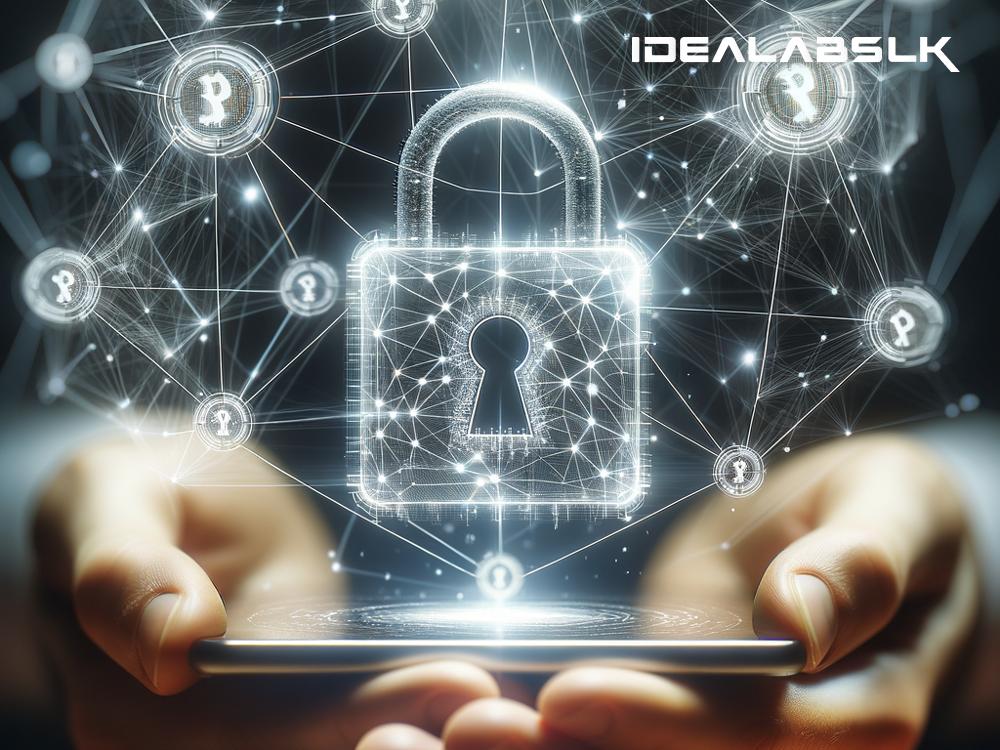Blockchain Software: A Game-Changer for Data Security
You've probably heard the term "blockchain" being tossed around a lot these days, often in the context of cryptocurrencies like Bitcoin. However, blockchain's potential extends far beyond digital currencies, with one of its most promising applications being in enhancing data security. In today's digital age, where data breaches are increasingly common and costly, this aspect of blockchain could be a real game-changer. But how exactly does blockchain software boost data security? Let's dive in and keep things simple.
What is Blockchain, Anyway?
Imagine a digital ledger that's not stored in one single place but is spread out across a network of computers. This ledger records transactions in a way that makes them very hard to tamper with. Each piece of data added (a "block") is linked to the previous one, creating a chain – hence, "blockchain". This setup not only makes the data transparent but also incredibly secure.
The Data Security Magic of Blockchain
So, how does blockchain enhance data security? There are a few key ways:
-
Decentralization: Since blockchain data is not stored in a single location but across a network of computers, there's no central point that hackers can target. This dispersal of data significantly reduces the risk of data breaches.
-
Encryption & Validation: Every transaction on a blockchain is encrypted and has to be validated by the network. This means that for someone to alter any piece of data, they would need to change every subsequent block across all versions of the ledger. Given the complex, interconnected nature of blockchain, this is practically impossible to do undetected.
-
Transparency with Anonymity: Blockchain provides a unique blend of transparency, where everyone in the network can see the transactions, and anonymity, where the identities behind the transactions are protected. This feature makes any fraudulent activity easy to spot without compromising personal data.
-
Immutable Records: Once a transaction is recorded in a blockchain, it is nearly impossible to alter. This immutability provides an added layer of security, as any attempt to change or falsify data can be easily spotted and is, in most cases, technically infeasible.
Real-World Applications of Blockchain for Data Security
Blockchain's data security potentials are being explored in various fields. Here are a few notable examples:
-
Healthcare: Patient records are highly sensitive and highly sought after by hackers. Blockchain can secure these records while allowing seamless access to authorized medical professionals, enhancing both privacy and collaboration.
-
Financial Services: For industries that deal with significant amounts of transactions and personal financial data, blockchain can reduce fraud, enhance transaction security, and lower the risk of data breaches.
-
Supply Chain Management: Blockchain can provide a secure and transparent way to track the production, shipment, and delivery of products. This not only prevents tampering and fraud but also enhances the accountability and efficiency of supply chains.
Challenges and Considerations
Despite its potential, blockchain is not a silver bullet for data security. The technology is still evolving, and there are challenges to consider, such as the energy consumption associated with maintaining a blockchain network and the scalability issues that come with its growth. Additionally, the effectiveness of blockchain in enhancing data security depends largely on how well the network is designed and managed.
The Future of Data Security
As we continue to generate and store more data every day, the importance of securing this data cannot be overstated. Blockchain software offers a promising solution to many data security challenges, but it's important to remember that it should be part of a broader data security strategy. As technology continues to evolve, we can expect to see more innovative applications of blockchain that will further enhance data security and privacy.
Blockchain is more than just the backbone of cryptocurrencies; it's a revolutionary technology that has the potential to transform how we protect our digital information. By understanding and leveraging its data security benefits, individuals, businesses, and governments can take significant steps toward a more secure digital future.

